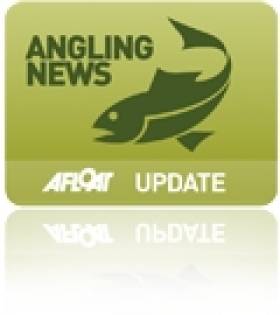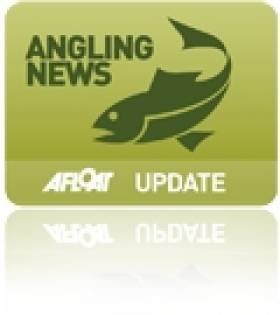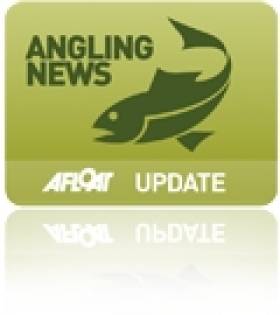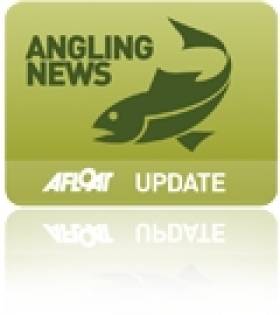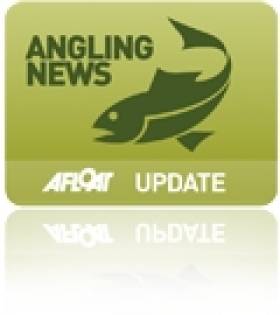Displaying items by tag: shore angling
Ireland's Shore Anglers Take Gold In Europe
#Angling - Ireland's shore anglers hooked the gold medal at the European Federation of Sea Anglers' 2013 Shore Championships in the Netherlands recently.
As the Belfast Telegraph reports, Ireland secured the European shore angling title for the first time with a points tally of 165 in the three-day competition, just nine points ahead of strong contenders Italy.
And it was the Irish teams success on day two that clinched it for them, with Michael Quinn and Warren Doyle taking wins in their zones, the latter by just three fish, while Joe Byrne and Clive Ivory took second and third in their respective zones.
The Belfast Telegraph has much more on the story HERE.
South Coast Hosts First Irish Bass Festival
#ANGLING - Ireland's south coast will play host to the first Irish Bass Festival this July.
Created and organised by Absolute Fishing, the lure angling event is open to all shore anglers at various venues between Tramore and Dungarvan in Co Waterford, which provide some of the best bass fishing in Europe.
The Irish Bass Festival will operate on catch-and-release rules, with anglers having to photograph their fish, using their own measuring board combined with a unique ID card provided by the organisers.
Competing anglers are also free to roam and fish anywhere along the coastline from Wexford to Cork - provided they're back in time to register their fish!
Details on requirements, reception and fishing times are available on the Irish Bass Festival website HERE.
Shore Angling Competition Raises Funds for Courtown Lifeboat
#ANGLING - Strongs winds and heavy seas weren't enough to dampen the spirits of the anglers taking part in the Courtown Sea Anglers RNLI fundraising event last Sunday, the Gorey Guardian reports.
Top winner on the day in the shore angling competition at Kilgorman beach was James Ryan from New Ross, who hooked an impressive 24 fish - all of which went back in the water under catch-and-release rules.
Anglers from Galway, Belfast, Clare, Wicklow, Dublin, Waterford and across Wexford took part. It is hoped that more than €4,200 was raised to support the Courtown lifeboat.
Wexford To Host Winter Shore Angling Festival in January
#ANGLING - The 24th Winter Shore Angling Festival will be hosted on Co Wexford's east-facing beaches from 26-28 January, the Gorey Guardian reports.
Ireland's Dave Roe will be aiming to repeat his winning effort last year in a strong field of contenders that will also include UK match angling greats Alan Yates and Chris Clarke.
Codling, whiting, dab, coalfish and rockling will be the top catches over the weekend competition, which last year had a total prize fund of more than €8,000.
And even those not competing will get a lot out of watching the best match anglers using the latest equipment and techniques to gain the edge over their opponents.
The festival entry fee is €150 and includes a presentation dinner. For further details and entry information, contact Warren Doyle at 086 806 9961 (evenings only) or [email protected].
The Gorey Guardian has more on the story HERE.
Irish Anglers Win Big in South Africa
Ireland's angling team won the 2010 World Shore Championships in South Africa at the weekend.
The combined effort of the five-strong Irish squad was more than enough to see off the strong opposition of teams from Italy and Spain over the week-long competition in Langebaan, 120km north of Cape Town in the Western Cape.
Two Irish fisherman also placed in the top five of the individual table, with John O'Brien claiming silver while Timothy O'Sullivan came fourth.


























